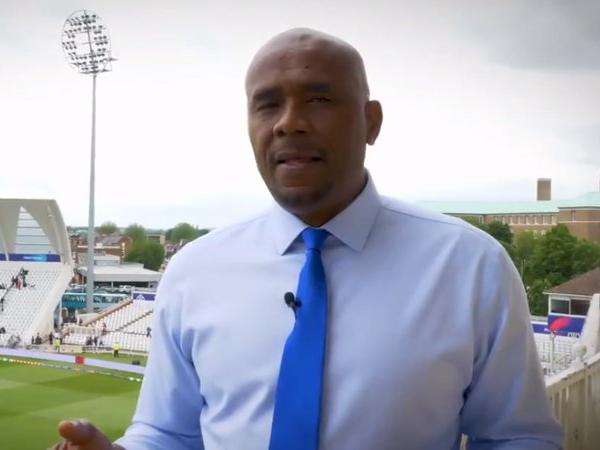

WASHINGTON — Former President Donald J. Trump claimed on Friday that before leaving office, he declassified all the documents the F.B.I. found in this week’s search of his Florida residence that agents described as classified in a list of what they seized — including several caches apparently marked as “top secret.”
“It was all declassified,” Mr. Trump asserted in a statement.
The claim echoed an assertion in May by Kash Patel, a former Trump administration official and a major supporter of Mr. Trump, after the National Archives found materials marked classified in boxes of documents it removed from Mr. Trump’s Mar-a-Lago club and estate. He asserted that Mr. Trump had deemed those files declassified shortly before leaving office, but that the markings had not been removed from them.
Mr. Trump has offered no details, but if he is saying he made a blanket, oral invocation that all the files he took to Mar-a-Lago were unclassified, without making any formal, written record, that would be difficult to prove or disprove. Even if there is no evidence that Mr. Trump followed normal procedures for declassifying certain types of information, his lawyers could argue that he was not constitutionally bound to obey such rules.
But in any case, such a claim would not settle the matter. For one thing, two of the laws that a search warrant executed at Mar-a-Lago this week referred to — Sections 1519 and 2071 of Title 18 of the United States Code — make the taking or concealment of government records a crime regardless of whether they had anything to do with national security.
For another, laws against taking or hoarding material with restricted national-security information, which generally carry heavier penalties than theft of ordinary documents, do not always line up with whether the files are technically classified.
That is because some criminal laws enacted by Congress to protect certain national-security information operate separately from the executive branch’s system of classifying documents — created by presidents using executive orders — as “confidential,” “secret” or “top secret.”
In particular, a third law the warrant references was Section 793, which carries a penalty of up to 10 years in prison per offense. Better known as the Espionage Act, it was enacted by Congress during World War I, decades before President Harry S. Truman issued an executive order creating the modern classification system for the executive branch.
As a result, the Espionage Act makes no reference to whether a document has been deemed classified. Instead, it makes it a crime to retain, without authorization, documents related to the national defense that could be used to harm the United States or aid a foreign adversary.
Prosecutors could argue that a document meets that act’s standard regardless of whether Mr. Trump had pronounced it unclassified short before leaving office; by the same token, defense lawyers could argue that it fell short of that standard regardless of how it had been marked.
“Because the Espionage Act speaks in terms of national defense information, it leaves open the possibility that such information could be unclassified as long as an agency is still taking steps to protect it from disclosure,” said Steven Aftergood, who runs the Project on Government Secrecy at the Federation of American Scientists in Washington.
24World Media does not take any responsibility of the information you see on this page. The content this page contains is from independent third-party content provider. If you have any concerns regarding the content, please free to write us here: contact@24worldmedia.com

Marnus Labuschagne Caught Off-Guard By ODI Captain Call After Steve Smith Snub

Everyone Is Looking Forward To It, The Standard Will Be Very High – Jacques Kallis On CSA’s SA20

Danushka Gunathilaka Granted Bail On Sexual Assault Charges

Ramiz Raja Sends Legal Notice To Kamran Akmal For Defamatory, False Claims Against The Board

Harbhajan Singh Reckons Mumbai Indians Should Release Kieron Pollard Ahead Of The IPL Auction 2023

Ian Bishop Praises Sam Curran For His Performances On Bouncy Australian Tracks

Why Choose A Career In Child Psychology?